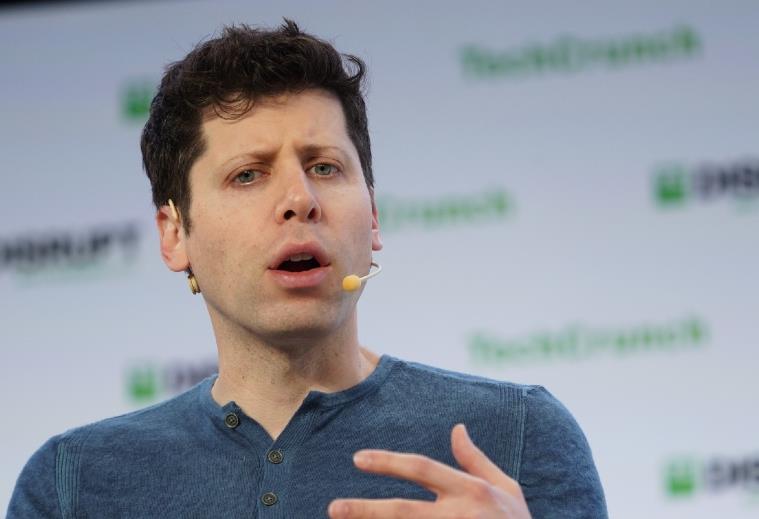OpenAI co-founder Sam Altman has captured the attention of the global tech community with the launch of an innovative cryptocurrency project called WorldCoin. While it promises to reshape the digital finance landscape, the project has also sparked intense debate about data privacy and protection.
This new cryptocurrency is a product of the emerging Web3 crypto space, which aims to democratize global wealth and financial access. The open-source platform is dedicated to ensuring a safe, accessible and efficient alternative to traditional monetary systems, designed to empower individuals regardless of their geographic location.
One of the key components of WorldCoin’s infrastructure is the groundbreaking World ID. The biometric system verifies the user’s identity through iris scanning technology.
The product that does the scanning, aptly named the Orb, scans an individual’s iris, a unique identifier that eliminates the need for traditional forms of identification.
However, it is this feature that has alarmed various stakeholders in the tech world. Ethereum ETH 2.18% founder Vitalik Buterin is skeptical of iris scanning technology. He warned that Worldcoin’s data collection and storage methods could lead to serious privacy concerns that could outweigh the benefits the project offers.
Orb’s scan results are stored in a centralized corporate database, meaning a single security breach could result in a major data breach. Critics argue that this feature of Worldcoin could make it a rich target for cybercriminals.
The iris is a part of the human body filled with sensitive information, providing a treasure trove of data for potential exploiters. Therefore, the way this sensitive information is stored and protected becomes critical.
Additionally, the project is likely to come under intense regulatory scrutiny due to its data handling practices. Regulators around the world, especially in the European Union, may present challenges to Worldcoin.
Under the General Data Protection Regulation (GDPR), any organization handling the data of EU citizens is subject to strict checks and balances. If WorldCoin fails to demonstrate strong data protection protocols, it could face severe penalties.
The OpenAI co-founder’s foray into the cryptocurrency space marks the intersection of two revolutionary fields, artificial intelligence and blockchain. However, continued concerns about privacy and data security demonstrate the importance of ethical considerations and regulatory compliance in the age of digital innovation.
As Worldcoin continues to gain momentum, one thing is clear: the project will serve as a critical litmus test for the balance between technological advancement and privacy in our increasingly digital world.






